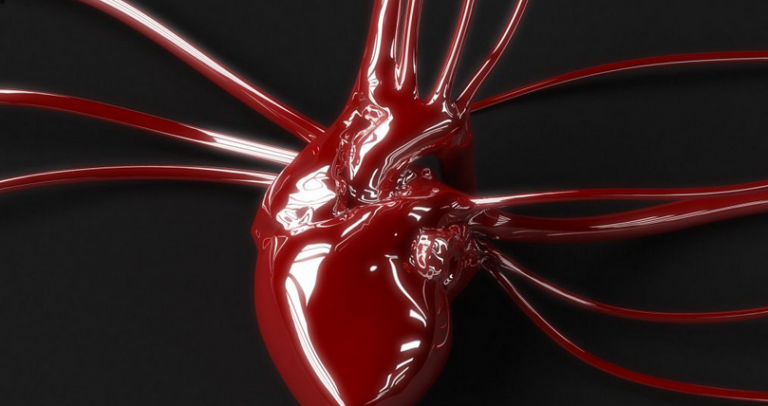Around the world, lists of patients in need of an organ transplant are often longer than the lists of those willing (and able) to donate — in part because some of the most in-demand organs for transplant can only be donated after a person has died. By way of example, recent data from the British Heart Foundation (BHF) showed that the number of patients waiting for a heart transplant in the United Kingdom has grown by 162 percent in the last ten years.
Now, 50 years after the first successful heart transplant, experts believe we may be nearing an era where organ transplantation will no longer be necessary. “I think within ten years we won’t see any more heart transplants, except for people with congenital heart damage, where only a new heart will do,” Stephen Westaby, from the John Radcliffe Hospital in Oxford, told The Telegraph.
Westaby didn’t want to seem ungrateful for all the human lives saved by organ transplants, of course. On the contrary, he said that he’s a “great supporter of cardiac transplantation.” However, recent technological developments in medicine may well offer alternatives that could save more time, money, and lives.
“I think the combination of heart pumps and stem cells has the potential to be a good alternative which could help far more people,” Westaby told The Telegraph.
Read more: futurism
Ask me anything
Explore related questions





